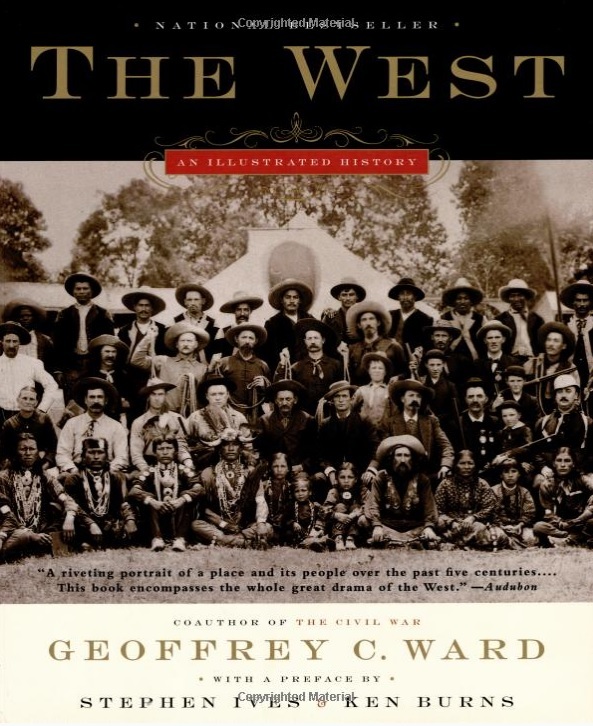With the holidays fast approaching, I am excited to elbow through the crowds at Amazon to buy myself some more books, but I would appreciate some suggestions in the nonfiction category (I have read many older threads on this topic, but new books hit the markets everyday).
Books I have recently read and would recommend:
Undaunted Courage: Meriwether Lewis, Thomas Jefferson, and the Opening of the American West
History of Strength of Materials (this book was recently discussed in one of the other forums).
The Path Between the Seas: The Creation of the Panama Canal, 1870-1914
The Great Bridge: The Epic Story of the Building of the Brooklyn Bridge
Structures: Or Why Things Don't Fall Down
Colossus: The Turbulent, Thrilling Saga of the Building of Hoover Dam
I have yet to find a good book about the westward expansion in the United States. I have a Lewis & Clark book listed above, but I would greatly appreciate any recommendations for a book about building the railroads through (over) the Rockies, and also about the interstate highway system. The next book that I am going to tackle is The Men Who United the States: America's Explorers, Inventors, Eccentrics, and Mavericks, and the Creation of One Nation, Indivisible, this should cover the railroad and interstate topics, but I am not sure how in-depth it goes.
Regardless of my list above, I am also open to books on other topics:
[ul]
[li]They can be non-engineering related[/li]
[li]They can cover time periods other than 1800 - 1950 +/-[/li]
[li]They do not need to be about the United States[/li]
[/ul]
Hopefully someone can find a good read off of my short selection in this post, and hopefully I can find a book or two from your recommendations.
Edit: fixed a link
Books I have recently read and would recommend:
Undaunted Courage: Meriwether Lewis, Thomas Jefferson, and the Opening of the American West
History of Strength of Materials (this book was recently discussed in one of the other forums).
The Path Between the Seas: The Creation of the Panama Canal, 1870-1914
The Great Bridge: The Epic Story of the Building of the Brooklyn Bridge
Structures: Or Why Things Don't Fall Down
Colossus: The Turbulent, Thrilling Saga of the Building of Hoover Dam
I have yet to find a good book about the westward expansion in the United States. I have a Lewis & Clark book listed above, but I would greatly appreciate any recommendations for a book about building the railroads through (over) the Rockies, and also about the interstate highway system. The next book that I am going to tackle is The Men Who United the States: America's Explorers, Inventors, Eccentrics, and Mavericks, and the Creation of One Nation, Indivisible, this should cover the railroad and interstate topics, but I am not sure how in-depth it goes.
Regardless of my list above, I am also open to books on other topics:
[ul]
[li]They can be non-engineering related[/li]
[li]They can cover time periods other than 1800 - 1950 +/-[/li]
[li]They do not need to be about the United States[/li]
[/ul]
Hopefully someone can find a good read off of my short selection in this post, and hopefully I can find a book or two from your recommendations.
Edit: fixed a link

